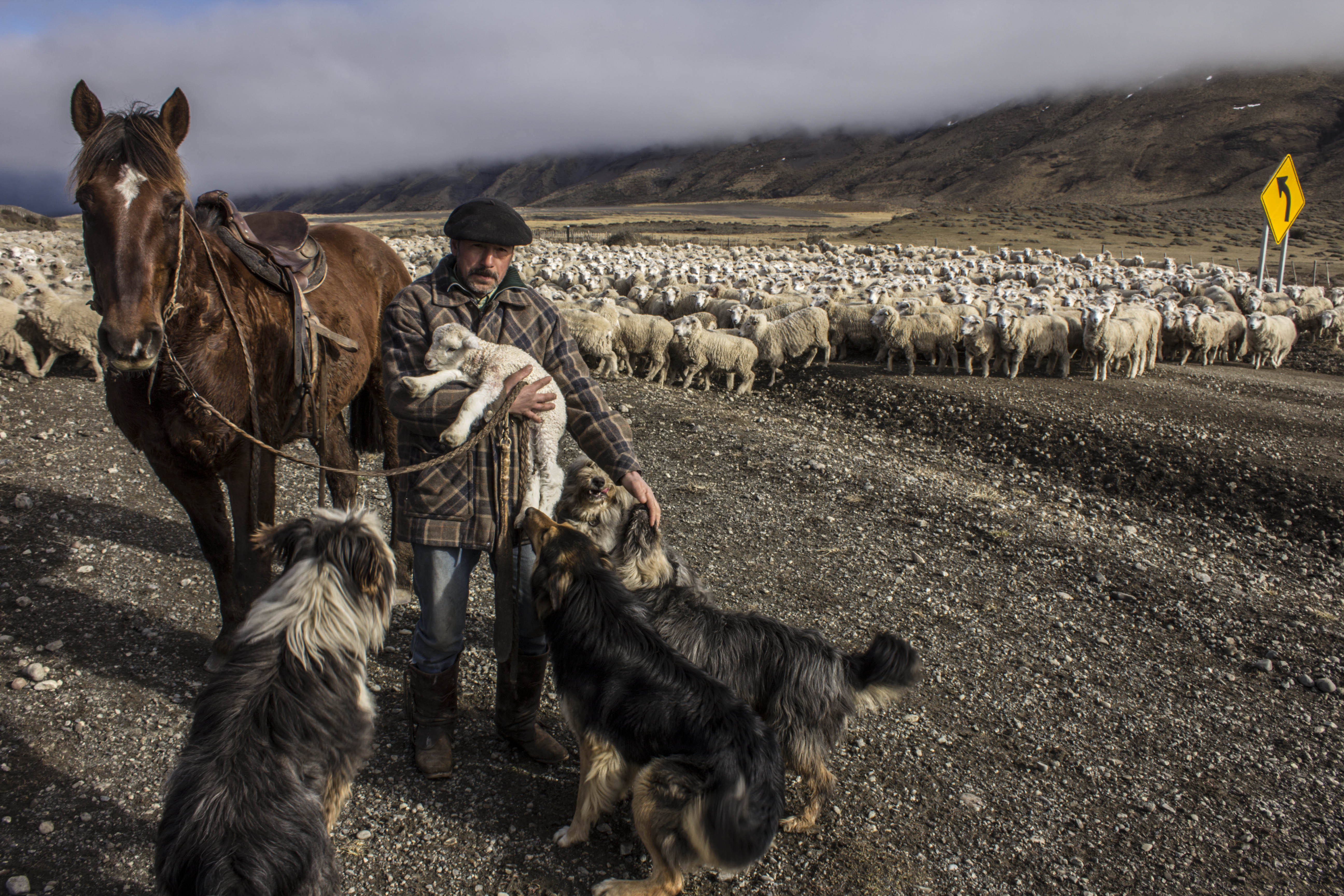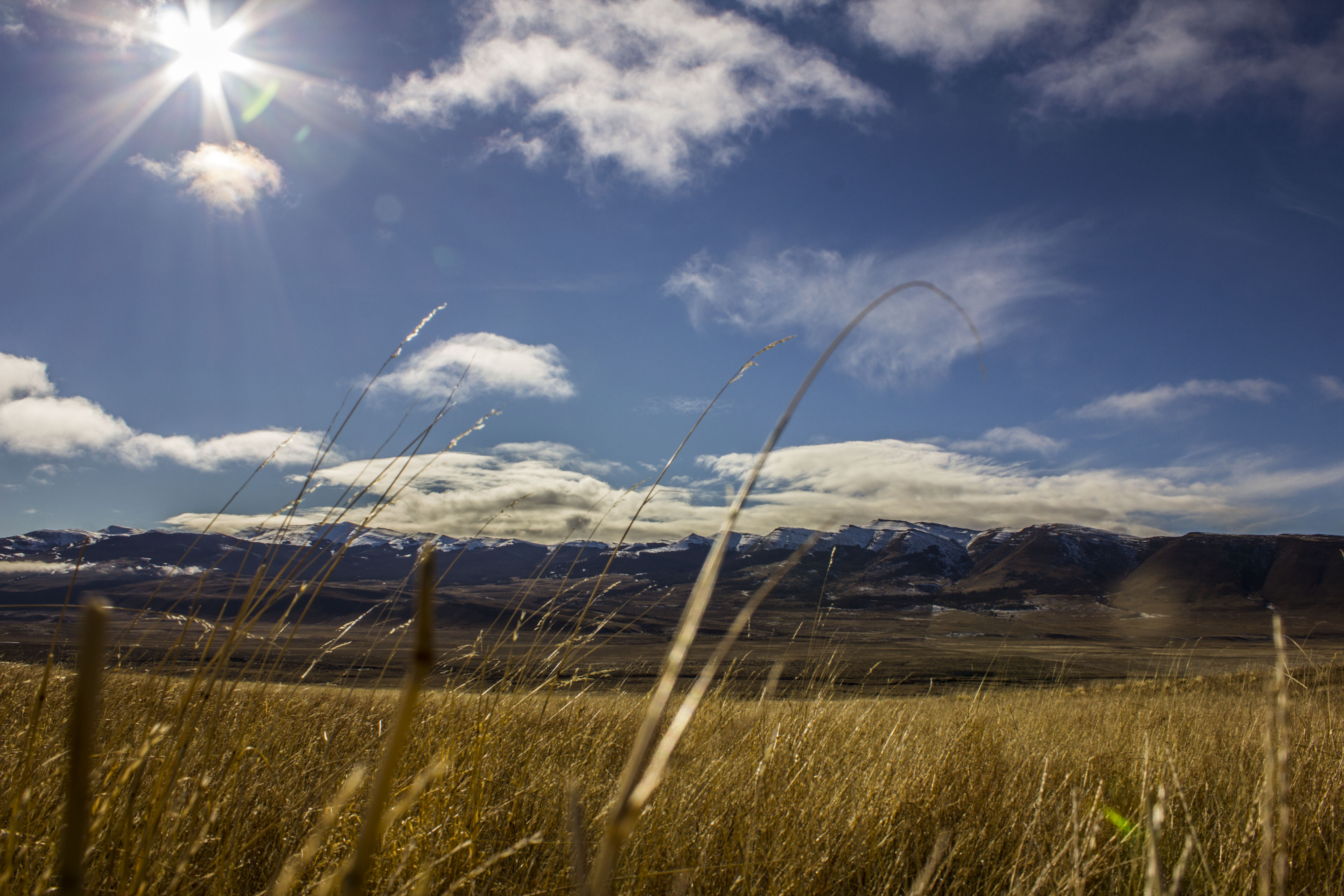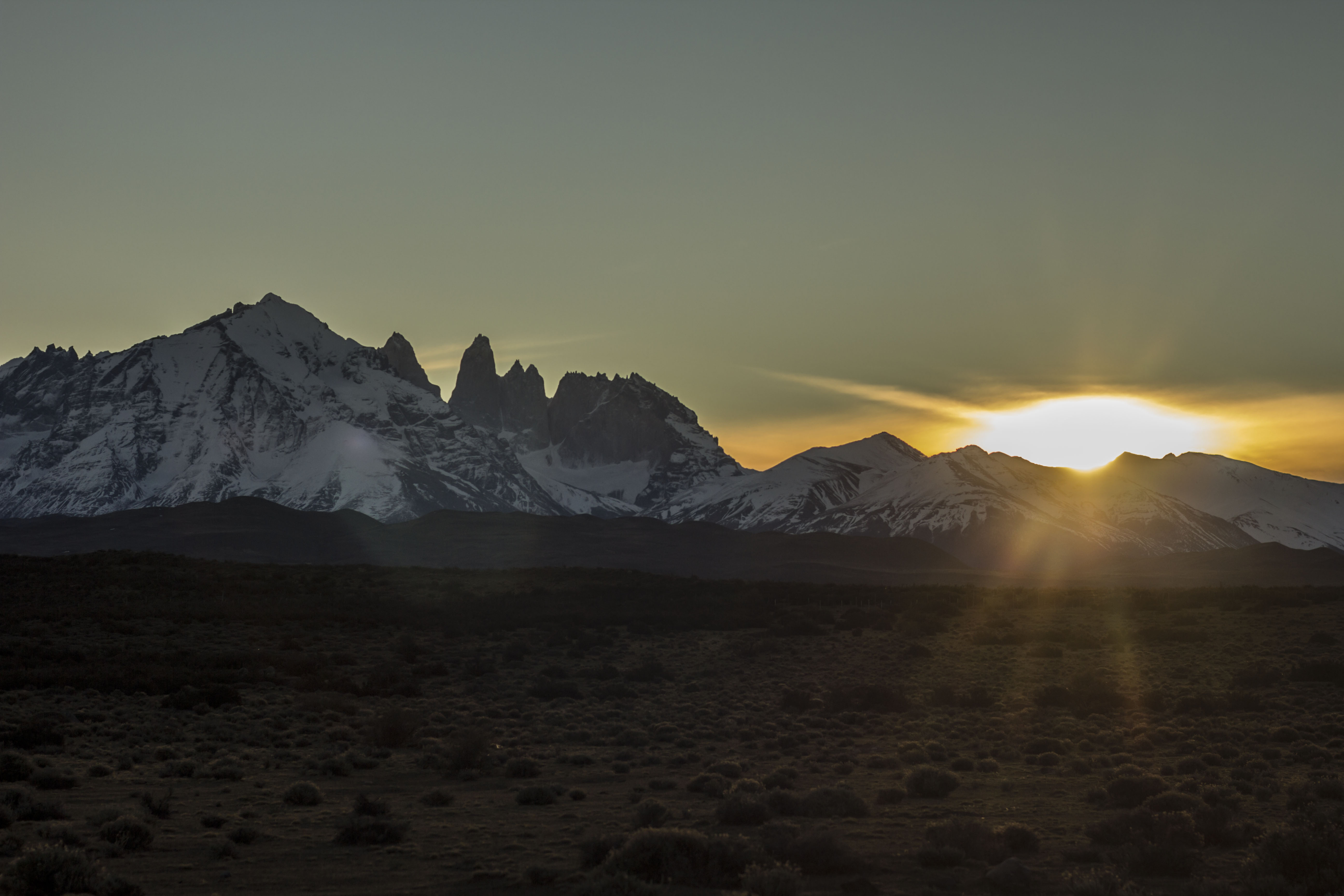Última Esperanza translates literally to “last hope” in English. It is the name of a province in the Magellan Region, located in the middle of the vast, magnificent and pristine Chilean Patagonia, recently named as "Top Destination to Visit" by Conde Nast Traveler España. The capital and largest city in the region, Puerto Natales, is a beautiful southern Chilean town -- an isolated and obligatory stop for tourists traveling to the Torres del Paine National Park. Voted the Eighth Wonder of the World by VirtualTourist, this site is one of Chile’s greatest points of pride and the reason that Natales is globally recognized.
But despite Natales’ reputation as the hotspot in Patagonia, many inhabitants fear they are facing their last hope. Environmental pressures from coal mining and both legal and illegal salmon farms are endangering the natural wonders that make this a tourism hotspot.
Open pit coal mining is a new menace with international political implications. A new coal mining project ironically called “Tranquilo” in a privately owned Estancia (a quintessential Patagonian ranch) could have grave implications for local communities. While tranquilo translates to "quiet" in English, the use of explosives for the open pit mine is anything but. Strip mining is a violent process, where the land is irreparably ripped apart, leaving behind toxic ponds and dangerous overburden that pollutes local waterways.

As we have seen with other projects across the country, mine officials have sleek but deceptive presentations to sell this dangerous project to the community. While their 3D rendered video boasts a love for nature and claims that the (likely toxic) residual pond next to the mine could boost new ecosystems and bring new migratory birds, the real impacts of strip mining are far more devastating.
Then there are the economic and political implications. In a public statement after a presentation on the project at City Hall, the City Mayor Fernando Paredes said, “The project isn’t doable if Argentina does not buy the coal or Tranquilo mine does not meet the Government’s regulations."
But what does Argentina have to do with a mine in Chile? If we need Argentinian buyers to make the mine profitable, are we setting ourselves up for a situation where we destroy the environment supporting our tourism industry for a mine that will fail?
Across the border in Argentina, we have already seen the damage coal can do.
Rio Turbio in Argentinean Patagonia inaugurated a new 240 megawatt coal-fired power plant in late 2014, despite three years of continuous opposition from activists and community members. So far, it brought more losses and questions than energy.
The Tranquilo mine is effectively based on the idea that we can bail out one poorly thought out coal project in Patagonia by developing another dangerous project. The Rio Turbio coal plant needs 1,200,000 tons of coal every year, but the area surrounding the plant can only supply about two months of these yearly needs. Argentina, then, must import coal to fuel the plant, and due to its proximity, the Tranquilo mine is the best option to save the Rio Turbio project. Now, private interests, boosted by a lack of planning and deals among the private sector, could lead to impacts that can be never be reversed.
The Tranquilo Mine is projected to enter the Environmental Impact Evaluation Committee by the end of the year. It is imperative that we secure a proper Environmental Impact Study in order to know the real impacts on one of Chile’s tourist havens.

But business interests that think they can push through this project may be in for a surprise. The local community in Natales is organizing opposition to the project. They want to preserve the tourist industry that supports them, which relies on the uncanny beauty of one of the most famous water reserves of the world. It is time to stand up for the region and for the people to decide the future of the Magellan Region: world class tourism or destructive coal strip mining in Patagonia.
-- Written by Francisco Campos-Lopez and Kyoko Ruch of NGO #RealChile. Find out more at www.realchile.org.
